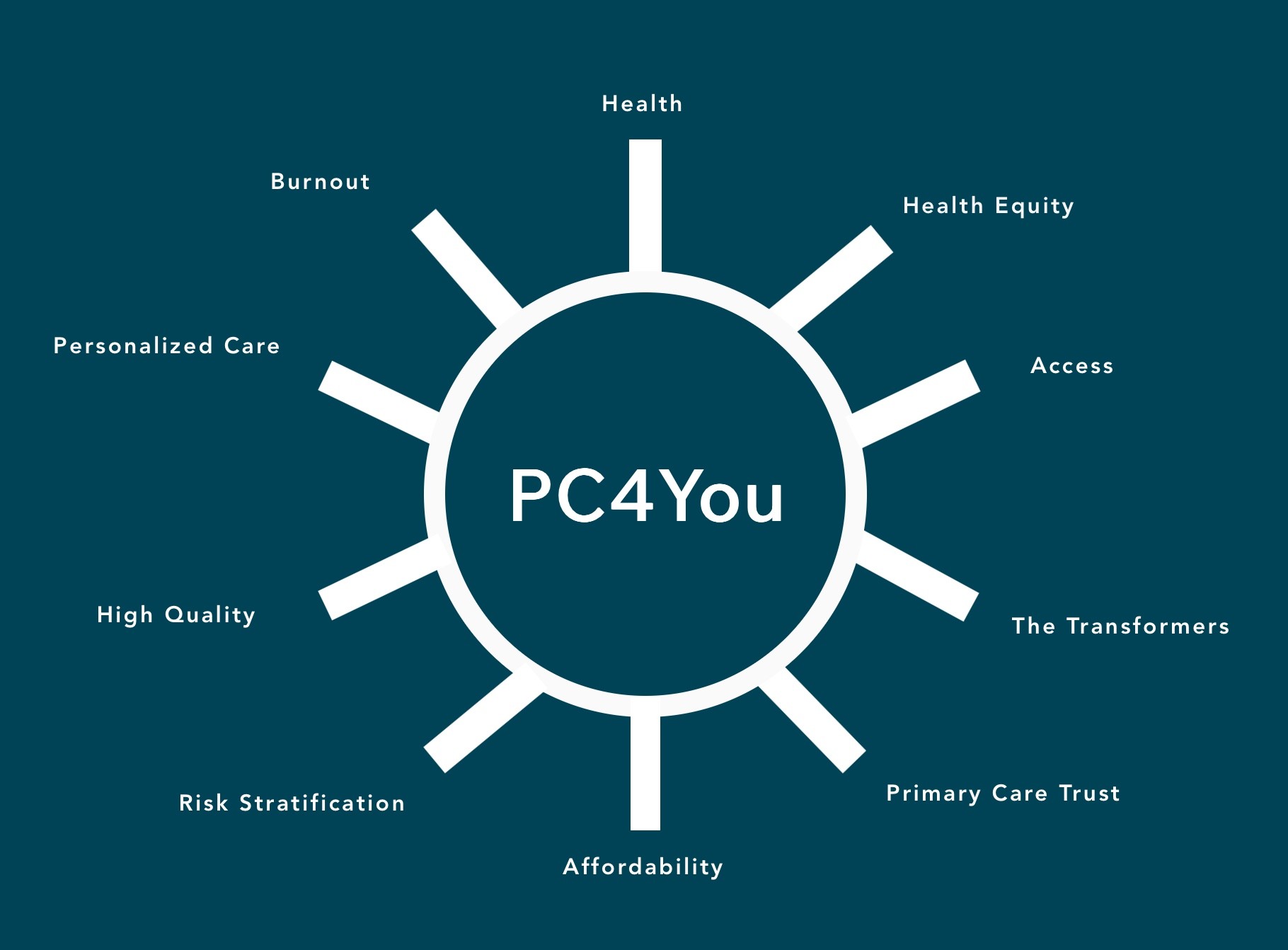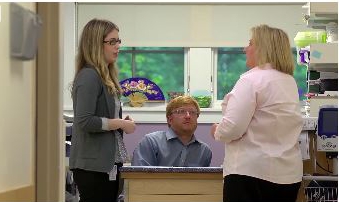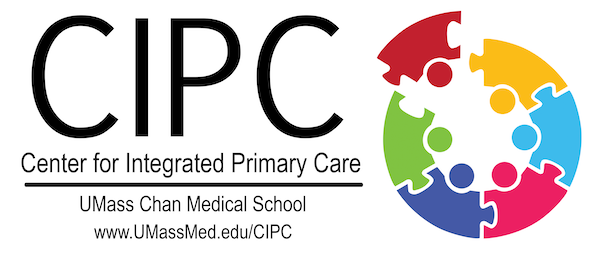Posted On: January 24, 2025

Massachusetts is considering legislation called Primary Care for You (PC4YOU) that could have a national impact as the country deals with the challenges of access to primary care.
Posted On: July 30, 2024
CIPC (Center for Integrated Primary Care) had the privilege of interviewing Ariel Singer, MPH, a community health expert who specializes in helping healthcare professionals develop and implement practical strategies for human-centered health system redesign and care delivery.

Posted On: August 30, 2023

After an assessment with East Bay leadership and team members to understand the current facilitators and barriers to integrated behavioral health efforts, CIPC faculty developed a day-long workshop on integrated behavioral health.
Posted On: May 25, 2021

A Behavioral Health staff huddle at the Barre Family Health Center
Does more integration mean better healthcare? What if you work in a rural practice or in a busy practice in the center of a major city? Dr. Daniel Mullin and colleagues developed the Practice Integration Profile (PIP) to create a measure of integrated primary care that compares practices and monitors integration in a practice over time. Read the post by clicking on the title.
Posted On: March 08, 2021

Dr. Ethan Eisdorfer, a behavioral health provider at our Barre Family Health Center, analyzes a recent JAMA article about using non-specialist care providers to deliver brief mental health interventions to pregnant and post-partum women.
The most common types of non-specialists in these studies were midwives and nurses, but also included peers or community members, health visitors, and even family physicians. In many of the studies included in the analysis, professional mental health specialists served in a training or supervisory role without providing any direct care.
What would task-shifting like this throughout primary care practices look like? How might it change the efficiency and efficacy of current healthcare? Click on the title above to learn more.
Posted On: February 11, 2021

Current research suggests that Medical Group Visits (MGVs) address the well-known triple aim: improving the experience of care, improving the health of populations, and reducing per capita costs. But what about the quadruple aim, which adds improved clinician experience?
Clinician burnout, especially during the pandemic, is a serious concern for US healthcare delivery. Talented and dedicated clinicians are leaving the profession and there is mounting proof that when clinicians are over-stressed there are negative consequences for patient care.
Read the post by clicking on the title
Posted On: November 23, 2020

Last year, prior to the pandemic, in Worcester, Massachusetts, a group of adults with high blood pressure were enjoying cooking and serving a delicious meal. They were laughing and talking while they spooned vegetables and beans onto their plates. Down the hall, someone was showing another individual how to take their own blood pressure. And in a separate room, a doctor with a stethoscope around her neck was discussing weight and blood pressure readings with a patient. What was going on? Click on the title above to find out.
Posted On: June 15, 2020
Learning to Fly: a journey into teaching and mentoring in IBH

In the midst of a world-wide pandemic, behavioral health needs have grown to epidemic proportions among many who have no history of mental illness, as well as those who have long experienced mental illness. In an analogy that many have used, it often feels like learning to fly while already in the air. From this perspective, I feel compelled, as a health psychologist trained in integrated care, to consider how mental health clinicians may find innovative ways to use their skills in assisting systems of care that need our guidance most.
Posted On: September 15, 2019

Late this spring the CIPC faculty read with interest a special issue of Journal of Clinical Psychology in Medicals Settings on “The Primary Care Behavioral Health Model of Integration”. One particular article caught the attention of CIPC Director, Daniel Mullin. The author, Adrienne A. Williams, PhD discussed in “The Next Step in Integrated Care: Universal Primary Mental Health Providers” the binary view of mental health, either a patient is mentally healthy or is mentally ill. The author cites examples of how this view reinforces stigma associated with seeking mental health services, even within current integrated care models.
Williams suggests as a solution, a primary mental health provider, “In contrast to the binary view, where some people are seen as needing an MHP and others do not, this model would be similar to the primary care model of health and would involve development of primary mental health providers (PMHPs). These PMHPs would be to mental health care what primary care physicians (PCPs) are to physical health care.”
Read More >
Posted On: April 04, 2019
 Our founding director, Dr. Alexander Blount, guest blogs about his new book, "Patient-Centered Primary Care: Getting From Good to Great".
Our founding director, Dr. Alexander Blount, guest blogs about his new book, "Patient-Centered Primary Care: Getting From Good to Great".
Sandy's 1998 volume "Integrated Primary Care: The Future of Medical and Mental Health Collaboration" is one of the foundational texts of the movement to acknowledge the importance of mental health to our physical well-being and to integrate behavioral health care into primary care. Click on the post title to read his blog post explaining how the new volume is the next chapter for IBH.
